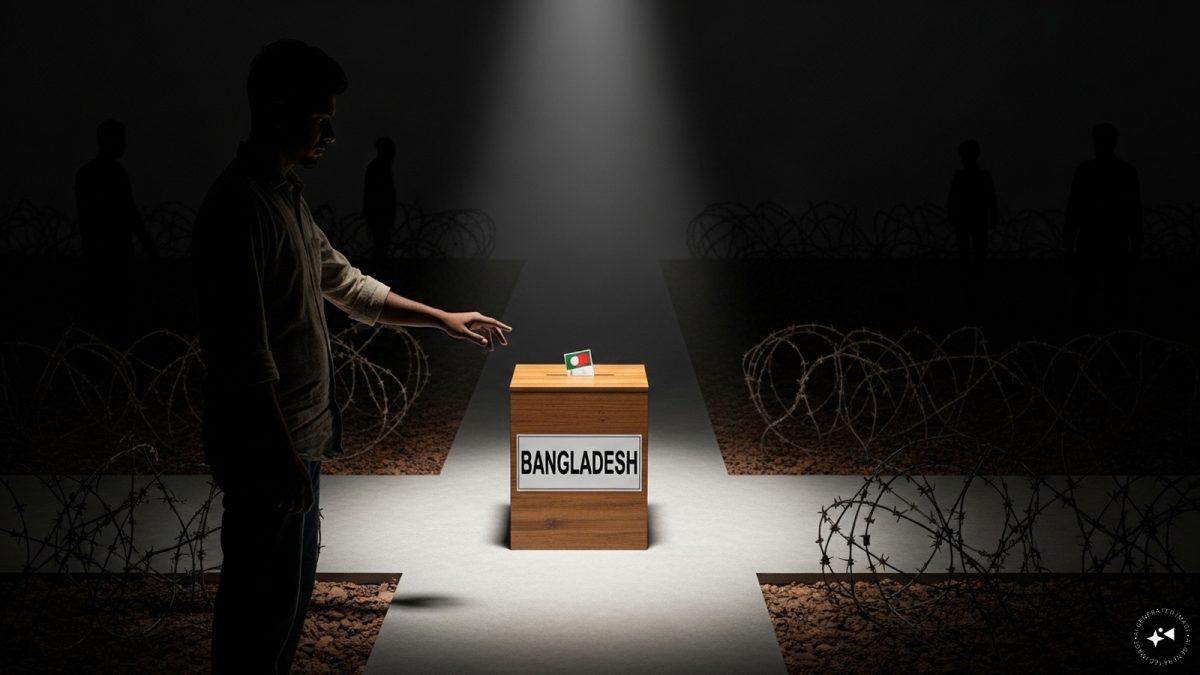Bangladesh’s interim authorities on Thursday approved a legal amendment that will bar anyone formally charged with crimes against humanity from seeking elected office or holding government jobs.
The change, made to the International Crimes (Tribunal) Act of 1973, introduces a fresh clause disqualifying such individuals from becoming parliamentarians, local body representatives or civil servants.
Press secretary to Chief Adviser Muhammad Yunus, Shafiqul Alam, said the provision applies the moment a chargesheet is filed under Section 9(1) of the law. “Those charged will no longer be eligible to contest polls or remain in the service of the republic,” he explained.
The interim cabinet, known as the advisory council, cleared the amendment at its latest meeting.
This move follows a recommendation from the Election Commission a day earlier, which called for fugitives from justice to be barred from elections and sought to scrap the online system for filing nominations.
The decision is seen as another blow to Sheikh Hasina’s Awami League, whose activities have already been suspended by the interim government. The former prime minister and senior leaders of her party face ongoing corruption and war crimes cases, with many either imprisoned or in hiding.
Analysts said the new law approved by the interim government would limit further scopes for Awami League leaders to contest polls, even as independent candidates or nominees of any ally or friendly political party.
In May, unrest gripped the civil administration as the interim government decided to enact a law to ease the termination of any employee for alleged misconduct.
Impact Shorts
More ShortsThe protesters, however, were cooled as the government backed off, deciding that no employee would be fired without exhausting an investigation process.
With inputs from agencies


)

)
)
)
)
)
)
)
)



